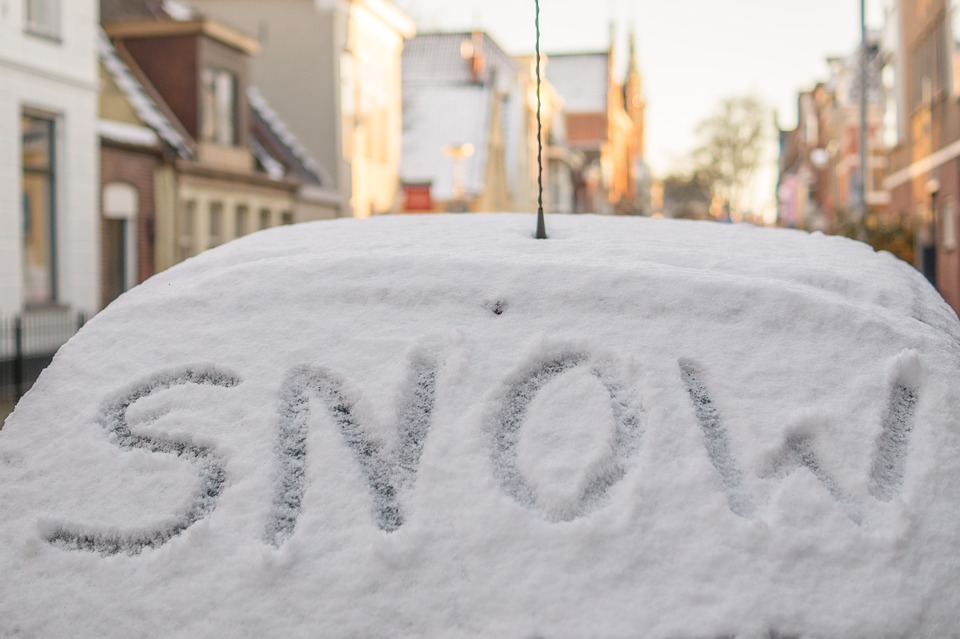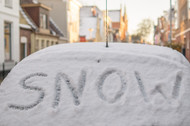How to De-Ice Your Windshield
23rd Dec 2016

With the winter season comes snow and ice. And as most seasoned drivers already know, it's difficult to see when there's a sheet of ice covering your windshield. So, before hitting the roads in the early-morning hours, you'll need to remove the ice from your car's windshield. Only then will you be able to safely see what's in front of you.
DON'T Use Boiling/Hot Water
Many drivers make the mistake of trying to de-ice their windshield with boiling or otherwise hot water. While effective at melting ice, this can turn into a costly disaster by cracking your windshield. The problem with boiling or hot water is that it causes things to expand. Going back to the basics of physics 101, heat causes expansion. Therefore, applying hot water to your car's already freezing-cold windshield may cause it to expand to the point where it cracks. And there's no quick or easy fix for a cracked windshield, which is why it's best to err on the side of caution by avoiding the use of hot water to de-ice your windshield.
Defrost
The safety way to de-ice a car windshield is to, well, use the defrost setting in your car's climate control system. This blows warm air across the windshield to evaporate moisture and ice. It's not an instant solution, but it's the safest way to de-ice a car windshield without cracking the glass.
Ice Scraper
An alternative solution is to use an ice scraper. Available at most automotive parts stores for a couple bucks a piece, an ice scraper is a small handheld tool that's used to scrape and remove ice and snow from a car's windshield. Keep in mind, however, that it's best to use an ice scraper after your car has warmed up. Doing so allows for easier removal of the ice.
Vinegar
Vinegar isn't going to remove ice on your car's windshield, but it can prevent new ice from forming. Create a mixture of 3 parts of white vinegar and 1 part water, spraying it over your car's windshield at night. Yes, vinegar has somewhat of a pungent smell, but you won't be able to smell it when you're driving. Furthermore, once the vinegar has coated your car's windshield, it should prevent new ice from forming. There are other automotive spray products designed to prevent ice, but vinegar is the cheapest and easiest solution.

